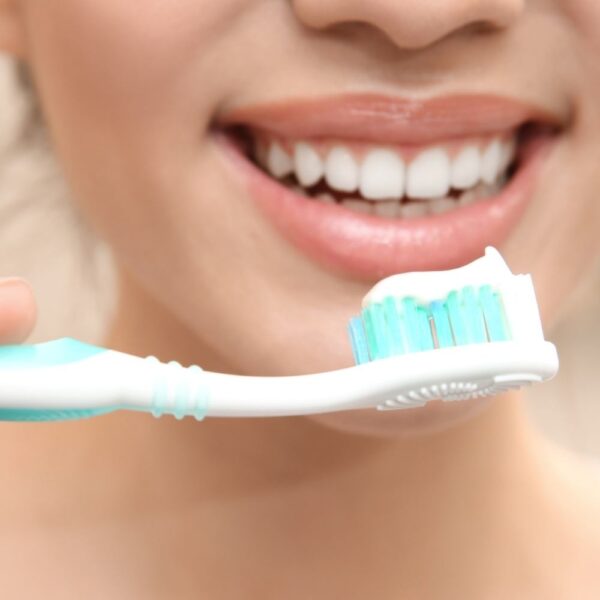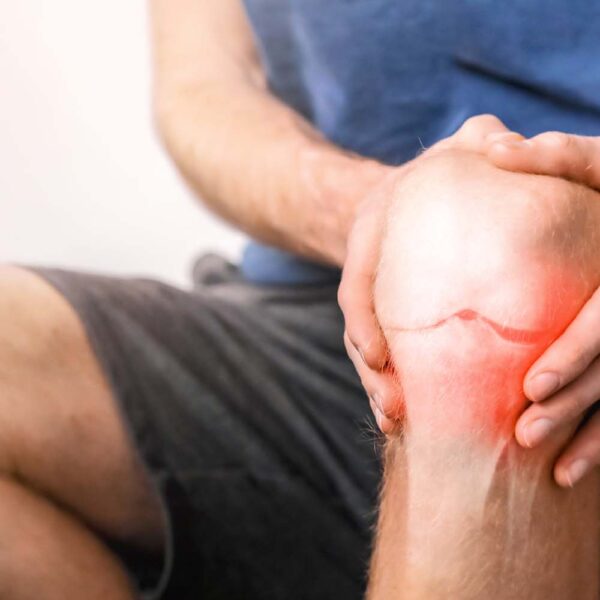Good hygiene is only a part of preventing – or reversing – gum disease.
While hygiene helps keep periopathogens under control, nutrition helps restore the tissues that they wreck. limit foods that feed the harmful bacteria in your mouth (sugar, grain products and starchy foods, sodas etc) and increase your intake of more healthful foods that give you the nutrients you need to keep your gums healthy and the supporting jawbone strong. Gum disease doesn’t just damage the soft tissues. It also destroys the bone underneath it, that’s why teeth get loose as periodontal disease progresses and eventually fall out. But they don’t have to. Not if you give your body what it needs to reverse the damage.
VITAMIN D3 PREMIUM FOR GUM HEALTH:
While there are many nutrients that play a crucial role in periodontal health, a couple are especially important – vitamin D and Vitamin K2
Vitamin D is crucial for helping your body absorb calcium. Vitamin D has also been shown to reduce inflammation and improve immunity – keys to its power in reversing gum disease. Inflammation is one of the ways gum disease has been linked to a range of other health problems. Including diabetes, heart disease, stroke, Alzheimer’s, cancer, and more. Though eggs and some fatty fish contain good amounts of D you won’t really get enough these days unless you supplement. Unfortunately most people are very deficient in vitamin D and could benefit from supplementation. Likewise – supplements are an option for those with gum disease, since you need more than just the recommended amount – a therapeutic dose is needed.
VITAMIN D3 + K2 = A WINNING COMBINATION:
While D3 is great, it can’t do the best it can without another nutrient: vitamin K2.
These two go hand in hand. Vitamin K1 is the form we get from foods like dark leafy greens, but is very different to vitamin K2. Taking D3 and K2 together is ideal and powerful. As D3 helps your body absorb calcium. K2 is needed to direct that calcium to the proper location – BONE – and NOT your organs or arteries.
Vitamin K2 activates a protein hormone called osteocalcin, produced by osteoblasts, which is needed to bind calcium into the matrix of your bone. Osteocalcin also appears to help prevent calcium from depositing into your arteries. You can think of Vitamin D as the gatekeeper, controlling who gets in, and vitamin K as the traffic cop, directing the traffic to where it needs to go. Supporting the health of your gums goes a long way toward supporting your overall health and well-being.
You will find both Vitamin K2 and D3 in our online store at https://sallyanncreed.co.za/shop
Disclaimer
You can simply click on the name of each product mentioned above (in bold) and a hyperlink will take you directly to the product for an easy purchase.
Originally published on https://www.facebook.com/SallyAnnCreedSA/ in 2020.







